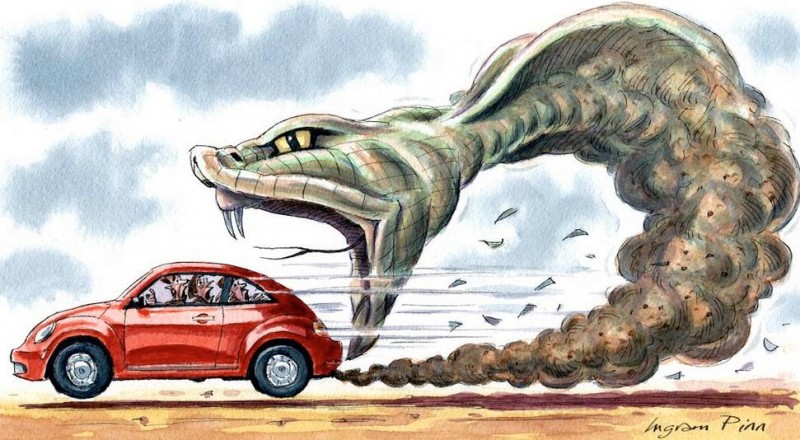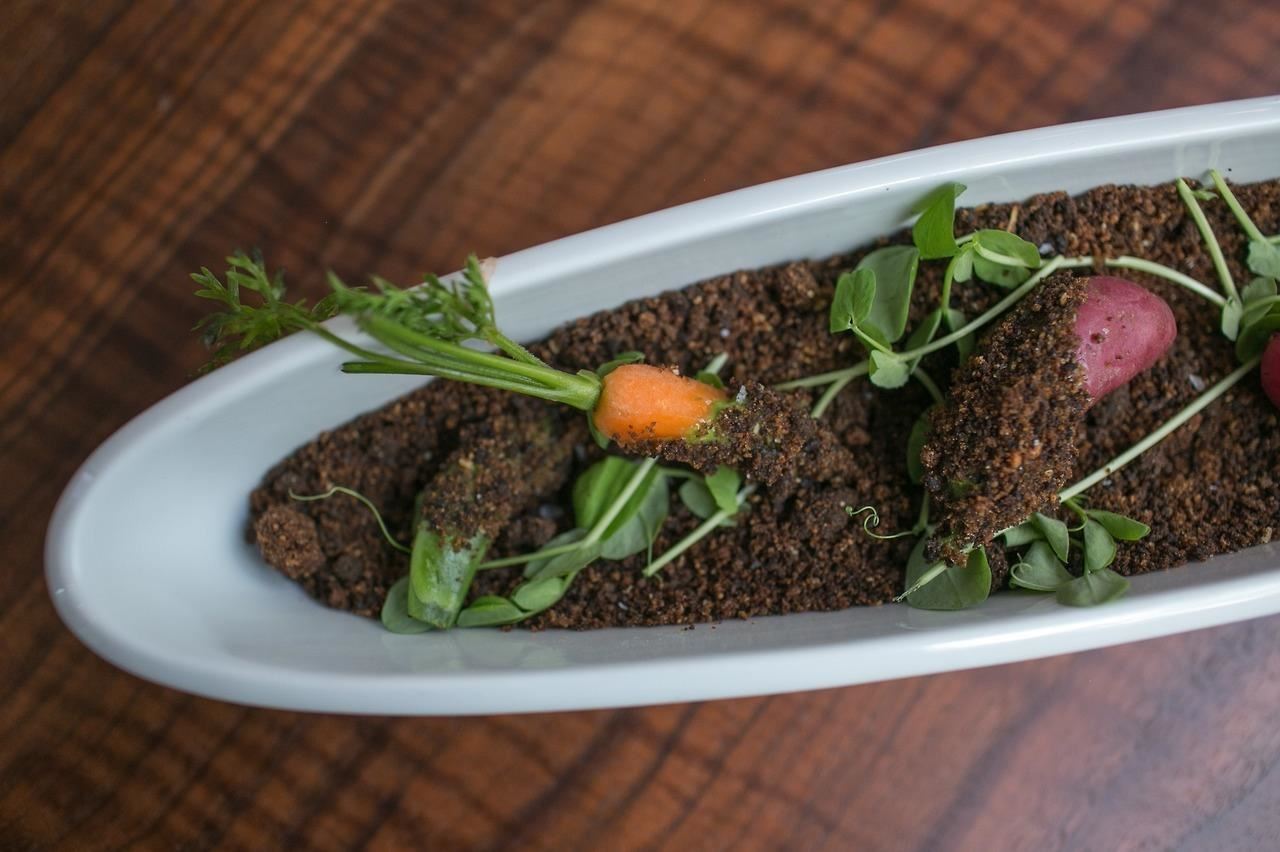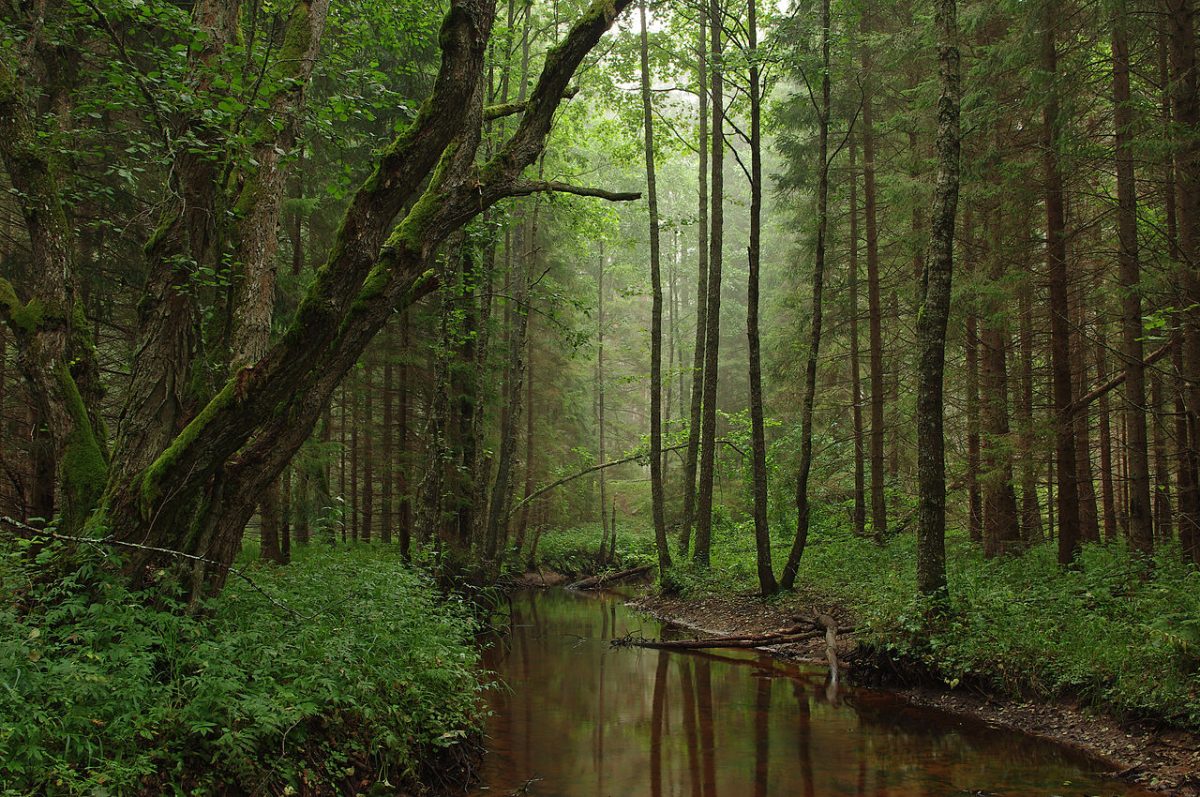Mitigate, Adapt, or Suffer – the stark choices we face in Election 2020

January 24th, 2020
General Election 2020 must be the ‘Climate Election’. As the global climate and biodiversity emergency deepens, it is surely inconceivable that Irish politics can continue to ignore and sideline the greatest crisis in human history. After all, ignorance is no longer an excuse.
Yet, this is manifestly the case. In his comments announcing the General Election for February 8th, Fine Gael leader and Taoiseach, Leo Varadkar stated: “We are beginning to make real headway on climate action and the environment”.
However, over the last decade, successive Irish governments have grossly failed to act on climate change, choosing to listen to vested interests rather than to the scientific advice. The strong recommendations of the Citizens’ Assembly on climate action helped shape an ambitious report last year by the Joint Oireachtas Committee on Climate Action (JOCCA).
However, its recommendations have since been whittled away through the influence of lobbyists seen in the anaemic Climate Action Plan. And now, the long-awaited Climate (Amendment) Bill has fallen with this Government.
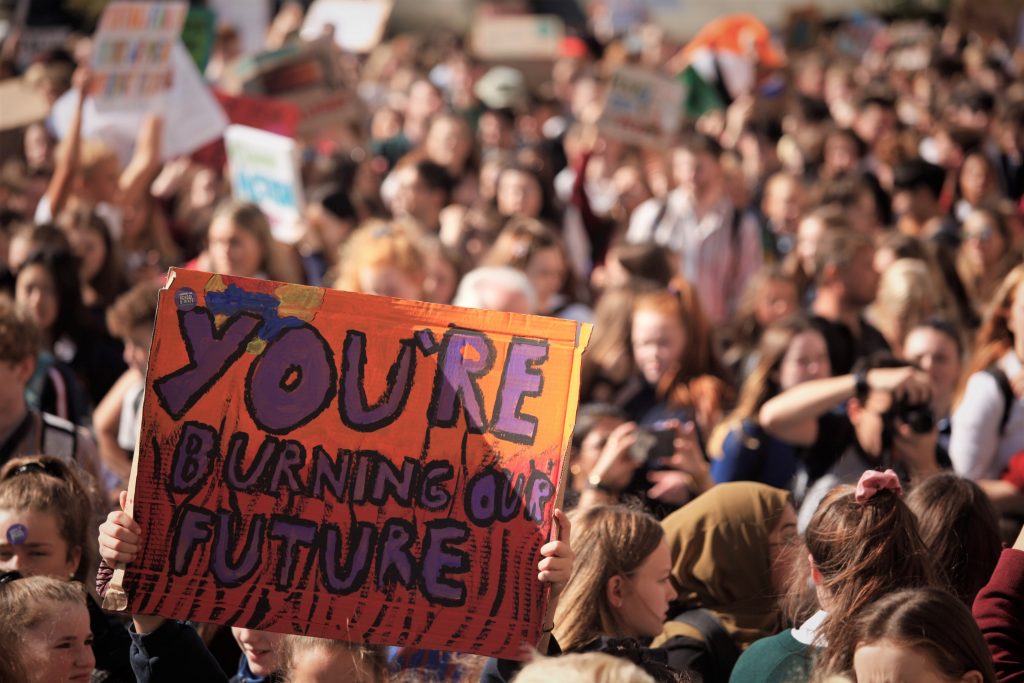
No time left to squander
We do not have three, four or five more years to squander in half-measures, easy options and lazy compromises. The next Government – whatever its political hue – must place strong climate action in line with science and put equity at the heart of its programme for government. None of the significant problems faced by the next Cabinet can be solved in isolation from measures to tackle climate breakdown.
Every action undertaken by every department and every State and semi-state agency must, as and from 2020, be ‘climate-proofed’ to ensure it is compatible with the overwhelmingly urgent need to rapidly decarbonise all aspects of our economy. At the same time, we must also prepare our communities to cope with worsening climate impacts and climate shocks in the decade ahead.
The media too have a solemn responsibility to reflect the scientific reality in its coverage and to ask the hard questions of all political candidates in terms of fully thought out commitments on climate action. In this regard, RTÉ’s refusal to host a debate focusing on the climate emergency is deeply regrettable.
Until our media hold our politicians to account on crunch climate and environmental issues, there is little or no prospect of the kinds of breakthroughs we so urgently need. We cannot afford to see Election 2020 as simply another ‘horse race’ where politicians and pundits frame the debate as politics-as-usual.
The climate strikers of 2019, many of whom are still too young to vote, are demanding that we act decisively to tackle the deadly threat of climate breakdown. The apocalyptic fires in Australia that have already razed an area the size of the island of Ireland are yet another warning call that climate breakdown is real – it’s here now, and it’s getting worse.
There is no room for complacency in Ireland. We are particularly vulnerable to extreme flooding, coastal inundation and storm damage, although as the summer of 2018 also illustrated, drought conditions are also becoming more frequent.
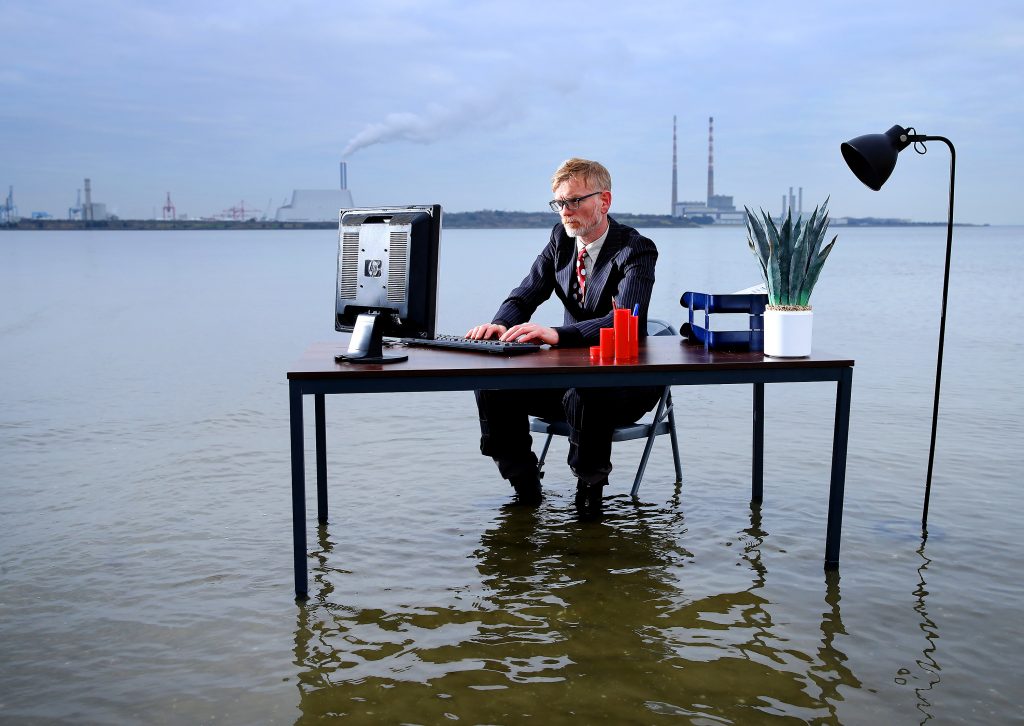
Faster, fairer climate action
As an open, highly trade-dependent economy, we are especially vulnerable to supply chain or market disruption arising from escalating and ongoing weather disasters and the likely political or economic ‘domino effect’ consequences arising.
The UN’s median projection is that by mid-century, there will be some 200 million climate refugees worldwide, though it concedes that this number could be as high as one billion people.
Any government coming to power in the 2020s that is not focusing on developing climate resilience, while working equally hard to meet our Paris Agreement targets on climate mitigation, is grossly negligent.
I fully support the One Future campaign that launched earlier this week, and want an incoming Government that:
- Delivers rapid emissions reductions of no less than 8 per cent per annum
- Prioritises high quality public transport, making it both accessible and affordable to all, while investing heavily in protected infrastructure for cycling
- Dramatically ramps up a national home retrofitting programme, to deliver warmer, safer houses requiring little or no fossil fuel heating
- Fully withdraws support from all fossil fuel extraction and importing projects from peat burning to importing of fracked LNG
- Supports a radical transition of our agricultural system away from low-margin commodity production to resilient, sustainable agriculture focused on meeting the food security needs of Ireland while helping restore Ireland’s battered biodiversity
- Strongly supports and puts finance in place for renewable energy projects, large and small. Every home, school, office and farm in Ireland should be offered a fair, predictable price for delivering clean indigenous electricity to the national grid
- Protect nature as a key national objective and redirects harmful subsidies for the likes of sheep grazing on hills and mountains towards supporting farmers to be custodians of these vulnerable landscapes
- Protect our waterways, coasts and estuaries that are under pressure from pollution and overfishing as trawlers wreak havoc on the sea floor, destroying the breeding grounds for many species and killing huge numbers of sea creatures as ‘by-catch’
As John Holdren, a Harvard energy expert and former climate adviser to Barack Obama, famously noted:
“We basically have three choices: mitigation, adaptation and suffering. We’re going to do some of each. The question is what the mix is going to be.”
That is the real choice we all face in Election 2020.
By John Gibbons

John is an environmental journalist and commentator. This article is based around a recent release he wrote on behalf of An Taisce.

